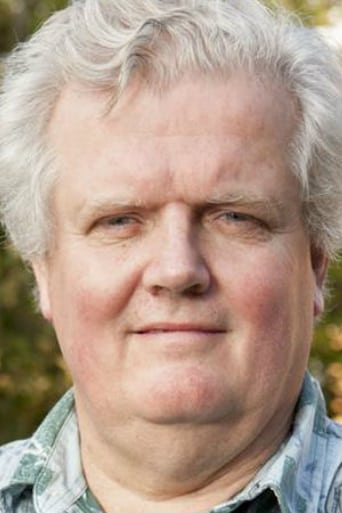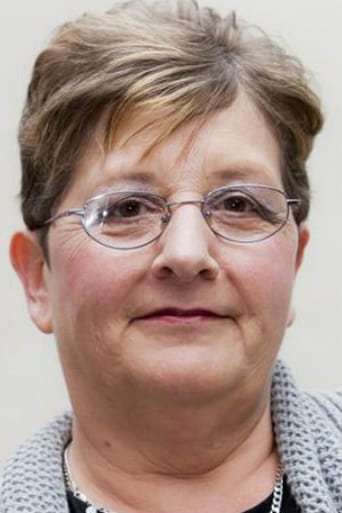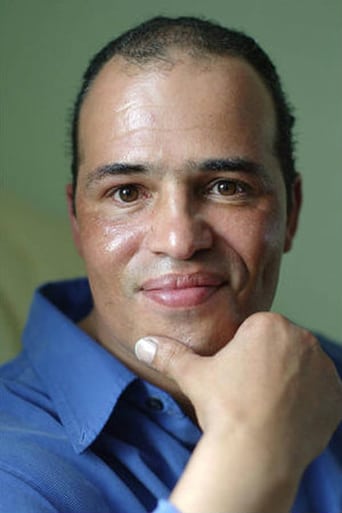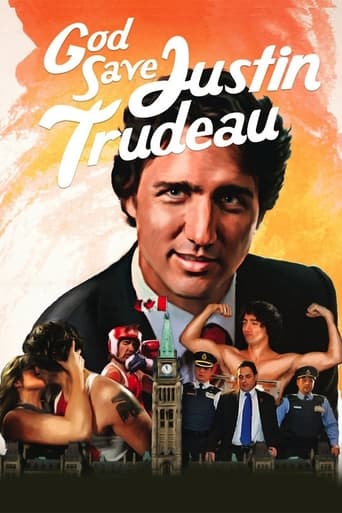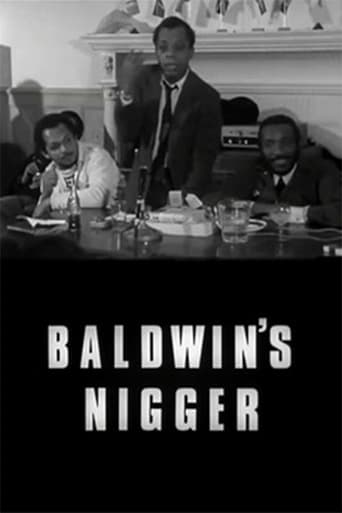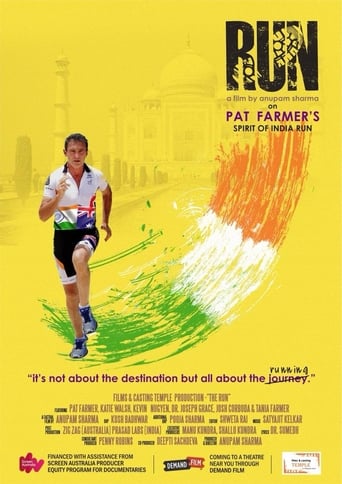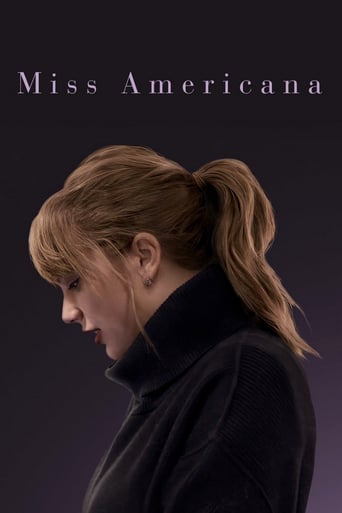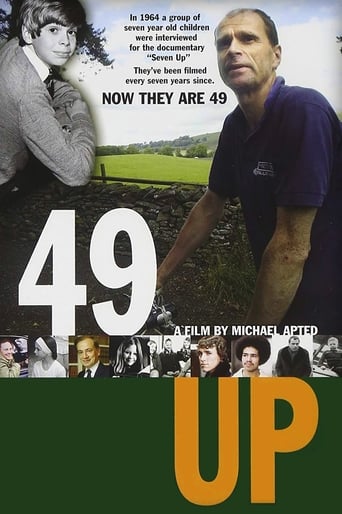
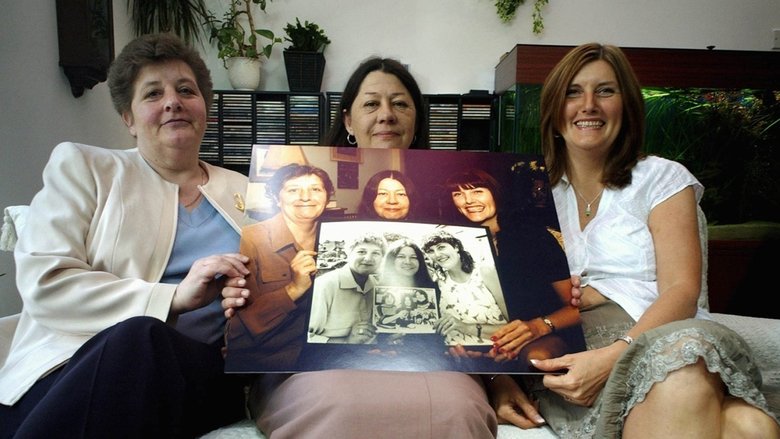
49 Up (2006)
49 Up is the seventh film in a series of landmark documentaries that began 42 years ago when UK-based Granada's World in Action team, inspired by the Jesuit maxim "Give me the child until he is seven and I will give you the man," interviewed a diverse group of seven-year-old children from all over England, asking them about their lives and their dreams for the future. Michael Apted, a researcher for the original film, has returned to interview the "children" every seven years since, at ages 14, 21, 28, 35, 42 and now again at age 49.In this latest chapter, more life-changing decisions are revealed, more shocking announcements made and more of the original group take part than ever before, speaking out on a variety of subjects including love, marriage, career, class and prejudice.
Watch Trailer
Cast


Similar titles
Reviews
49 Up is a continuation of a documentary begun in 1963 with fourteen 7 year olds of various economic backgrounds. Every seven years director Michael Apted catches up with the group (2 have dropped out completely) to discuss their present situation as well as their past. It is a remarkable document to watch unfold.I first discovered the series at Up 28 then back tracked the first three episodes to catch up. Since then each subsequent episode is like having family or friends visit to talk about what's been going on in their life. By 49 all the participants have reached their pinnacle though some still hold onto dreams and while illness and divorce have taken their toll it has not dampened the spirit or drive of any of them. While some at the age of 7 (Peter: "I read the Financial Times")are the men they are today none are in the doldrums of not having turned out different than what they thought they would be. Loyal partners, children and grandchildren have more than buttressed against the disappointments and bumps in the road we all come across as we go through life. This incredibly unique series was begun as England and the world was about to go through a great social metamorphoses. The Beatles, iconoclastic playwright John Osbourne, political assassinations and Viet Nam were beginning to pick up speed. It was the world that was about to be handed to these children in which they would become its caretakers. But thankfully the series skirts the larger political issues and concentrates more on each participants personal journey which makes for a far more intimate and engrossing study. Director Apted (as well as his candid and willing subjects) is to be highly commended for his commitment and perseverance in keeping this 42 year long documentary on the same steady path. In today's shameless society reality TV presents us with self absorbed tattooed and silicone freaks dumb as a post feigning sincerity coached by handlers for maximum shock effect. There isn't an ounce of truth in watching this detritus perform since it is more akin to a carnival freak show then reality. Up 49 and those before it allows the viewer to see the dignity of the common man unfold from childhood to adulthood and beyond in the real and changing world we live without phony fanfare or shocking exhibitionism to juice the content. Told in a straight forward style it showcases human experience in an objective and respectful way without condescension while still asking the tough questions. It is an outstanding achievement and magnificent example of the power of film at its most subtle.
I have to admit that this series is at least historically significant, and on that measure alone you should dive into it. But I would recommend seeing this one alone.The first few really did ping on a very simple and obvious class dynamic, more of interest to an English audience going through a reinvention. The subjects were treated less as people than as examples of a national pool. The poor kids turned out to be low class nitwits and the rich kids differing only in being rich nitwits. Then in the middle, Apted decided that it really was about individual lives, and started to hammer away on the changes in life. The editing got successively more tedious as we were given more and more facts. After a few in that phase we ended up with 42 Up, absolutely the worst of the lot. Its because it had more Apted than subject. Like his subjects, he hadn't grown much at all, and while his subjects mewed on mostly about motherhood, it became obvious that it was an obsession of his as well. So that last edition was just hammering away on the maternal glue of the family, presuming that we will all relate and extend the notion on our own to the things that matter in our lives. Or alternatively collect around them whatever voyeuristic pleasures you wish. But this one at least is good film-making. It has a center and economy which all the recent ones lack. And it has something new: self reference. Nearly every one of the dozen is asked about how the series affects their lives. The answers are the best part, in fact the only thing that I find mildly interesting.That's because there is no great window into class dynamics here, no window into anything other than a dozen peoples' lives. And they are profoundly uninteresting people, people with no ideas, no real souls. People with nothing to offer except local goodness. The problem is that they started with 14 kids and are stuck with them, no matter how vapid their lives are. I suppose that's the appeal to some, but I wish they had started with ten thousand children, picked the ones with lives or souls, even tragic that could tell us something and then worked backwards.It doesn't change me at all, and I find none of these people remotely interesting. I can get the same, more humanly in real life every day.Ted's Evaluation -- 3 of 3: Worth watching.
I have recently watched all of the Up series, finishing with 49 Up this evening. While I have enjoyed the series and been fascinated by the people involved, I did agree with John somewhat that it's a bit like Big Brother or some other reality series. Upon talking it over with my husband, however, I find that I have misjudged it. The series does have a lasting value that is not present in entertainment based reality TV shows. What does the series teach us? Tolerance and acceptance of our own fallible judgments. We see these people at 7 and we decide what they will be doing at 21 or 35. Inevitably we're wrong on some important level. What this shows us is that we can never truly know someone, especially someone we don't have an intimate family relationship with, because we never get more than a glimpse into their inner life. At 7 I didn't like Tony. At 21 I didn't like Suzie. The only person I have admired from the beginning is Bruce. Now, at 49, I find them all interesting, individual people and I have a great deal of respect for each of them. They have made their lives something to be proud of. They bring value into the lives of their families and communities, but also to those of us who only see a tiny portion of their lives every 7 years. This isn't reality TV. This is reality- this is life being lived by real people. I hope they will continue to do the program, despite the intrusion. I hope they will understand that they do bring something more into our lives than a couple hours entertainment.
In 1964, English filmmakers including director Michael Apted assembled a group of fourteen British children from various economic and social backgrounds, all age 7, and made a documentary about them called 7 Up. Every seven years afterward, Apted revisited the same children and made another documentary about them, chronicling their lives at the ages of 7, 14, 21, 28, 35, 42 and now 49. The first installment that I watched, 28 Up, made me fall in love with these films. Much has been said about the series depicting the rigidity of the English class system, but as decades go by, the human element, the nature and personalities of the individuals being profiled, seems to be almost as important in affecting how their lives turned out. After seeing 28 Up and 35 Up, I remember feeling very bad for one kid who grew up coping with mental health problems and eventually wound up homeless, and thought leaving the theater that he wouldn't be alive for 42 Up. But by then he had moved to London and involved himself in local politics, a rewarding turn of events for him, and for the audience as well. The kids from the upper crust backgrounds have predictably had more affluent lives, and turned out to be the least forthcoming and most guarded on camera as adults, and less easy to warm up to. Some kids had deep seated feelings of shyness and insecurity that stayed with them as adults, and very publicly evaluating their failures and achievements every several years has been very difficult and uncomfortable for them. But even though some seem to resent the filmmakers' intrusion in their lives, they generally seem to understand the larger value of the series and twelve of the original fourteen kids continue to participate, even though they have misgivings or regrets about it. It's interesting to watch marriages and relationships suddenly begin and end, and usually people quickly remarry or find another relationship, often to someone more compatible and attractive. I identified most with the children who grew up to be teachers and academics, highly likable, intelligent people who realize that they aren't the most socially or economically successful but in many ways seem to be the most happy and fulfilled ones of the bunch. Despite their ambivalence, the participants deserve a big round of applause for letting us grow up and old along with them.


